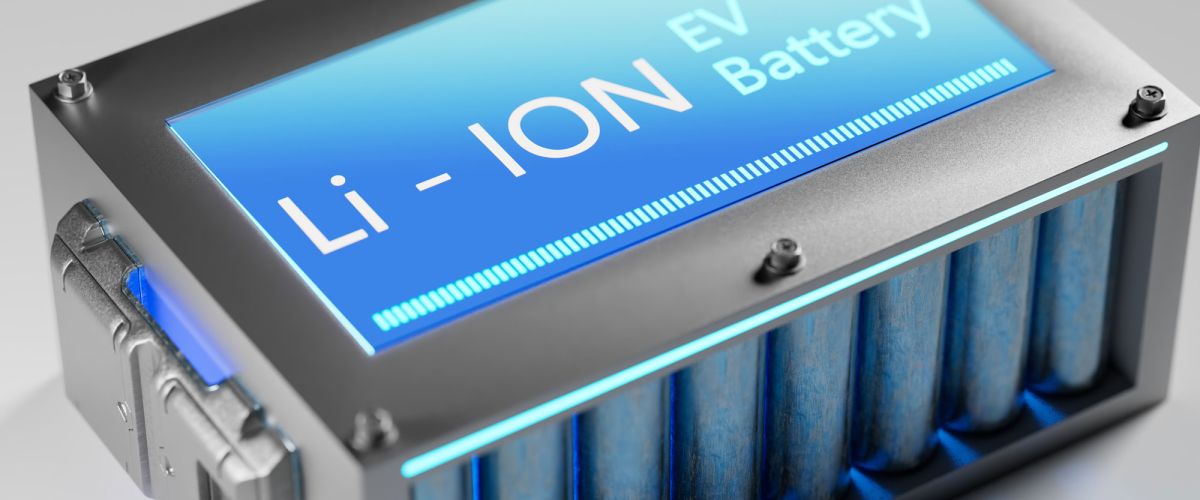
Where Are Lithium-ion Batteries Used?
Simply put, lithium-ion batteries are the most powerful battery. Those aren’t our words, but rather the words of the Nobel Prize Foundation in their 2019 award for Chemistry. The foundation chose three scientists for their contributions spanning almost five decades! Lithium-ion batteries are versatile and widely used in our daily lives including consumer electronics, electric vehicles, energy storage systems, aerospace and marine, medical devices, power tools and robotics, and wearable technology. When compared to other battery chemistries, lithium-ion batteries are often higher in energy density, more easily recharged, and last longer in terms of charge / discharge cycles.
Consumer Electronics & Wearable Technology
Lithium-ion batteries are the standard power source found in virtually all mobile devices. Providing long battery life and fast charging capabilities make them ideal for smartphones and tablets, laptops, and other portable electronics. Wearable technology such as smartwatches and fitness trackers need compact, lightweight batteries with enough capacity to last between charges, a requirement met effectively by lithium-ion battery technology.
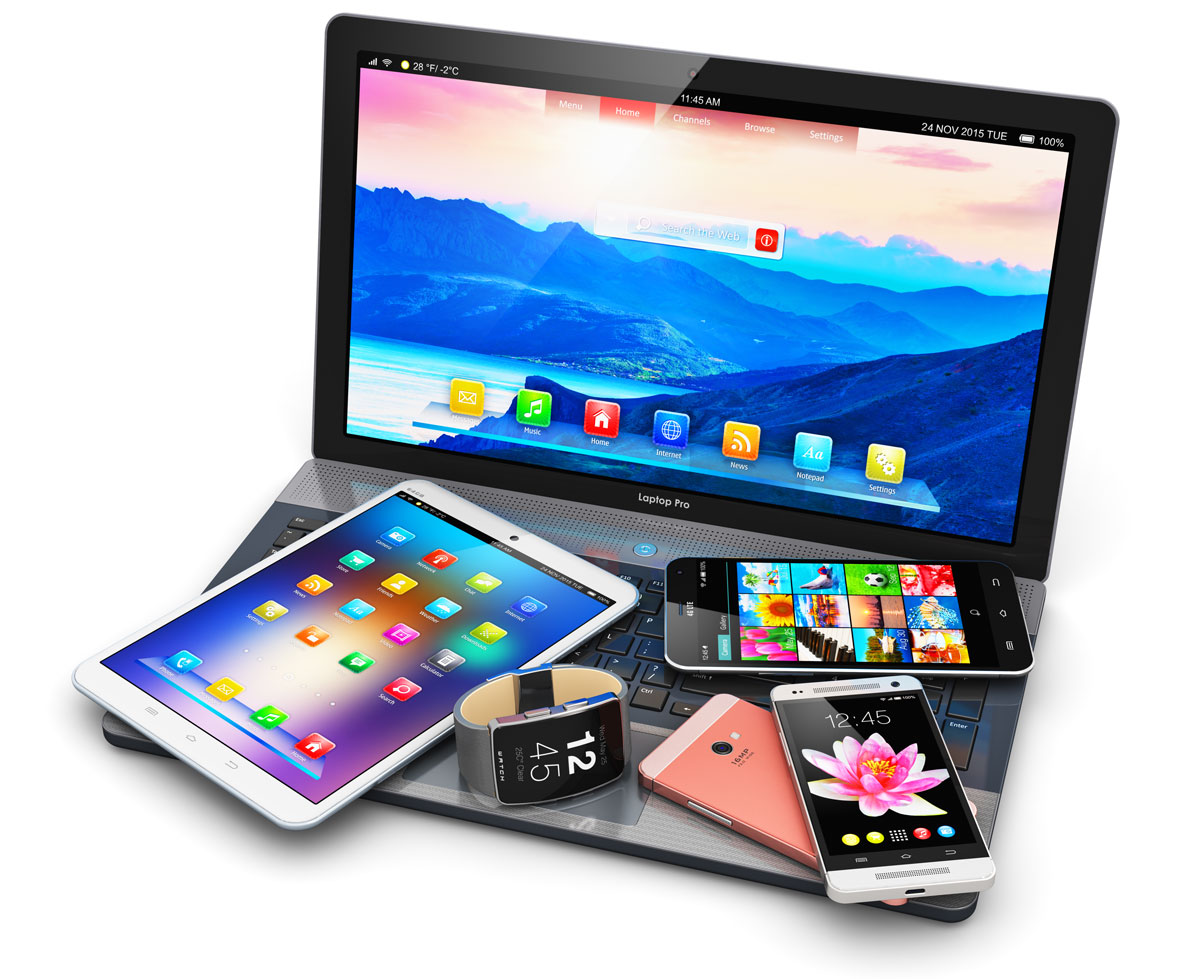
Electric Vehicles
Lithium-ion batteries are key to the transportation industry's shift toward electric vehicles. They power a wide range of EVs, from economic and luxury automobiles to electric bikes and golf carts. Buses, commercial vehicles, and even Semi-trucks are now commercially available. In fact, many cities worldwide are adopting electric buses, powered by lithium-ion batteries, to reduce emissions and noise pollution.
Energy Storage Systems
Residential homeowners use lithium-ion batteries to store electricity from a power grid or solar panels, to help manage energy costs and provide backup power. Commercial businesses and utility companies use large-scale lithium-ion storage systems to balance loads, store excess energy, and improve grid stability.
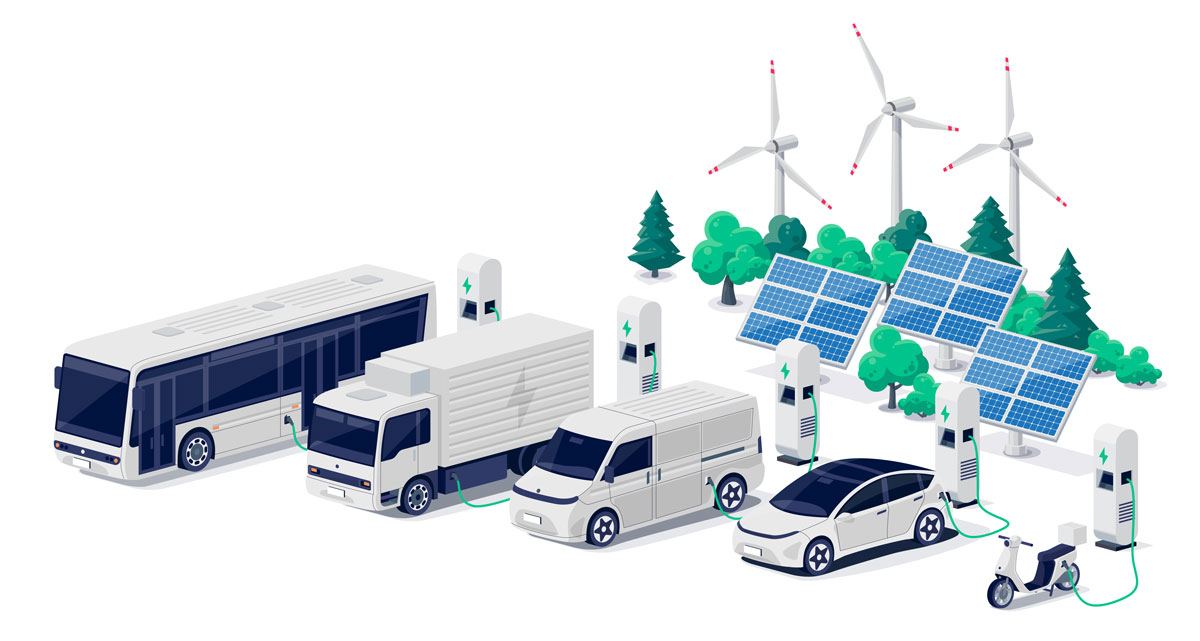
Aerospace and Marine
Lithium-ion batteries provide power for satellites during orbit when solar power is unavailable. Drones and Unmanned Aerial Vehicles (UAVs) rely on lithium-ion batteries for lighter weight and longer flight times. From small recreational boats to larger commercial ships, lithium-ion batteries are increasingly used for electric and hybrid marine propulsion and onboard power systems.
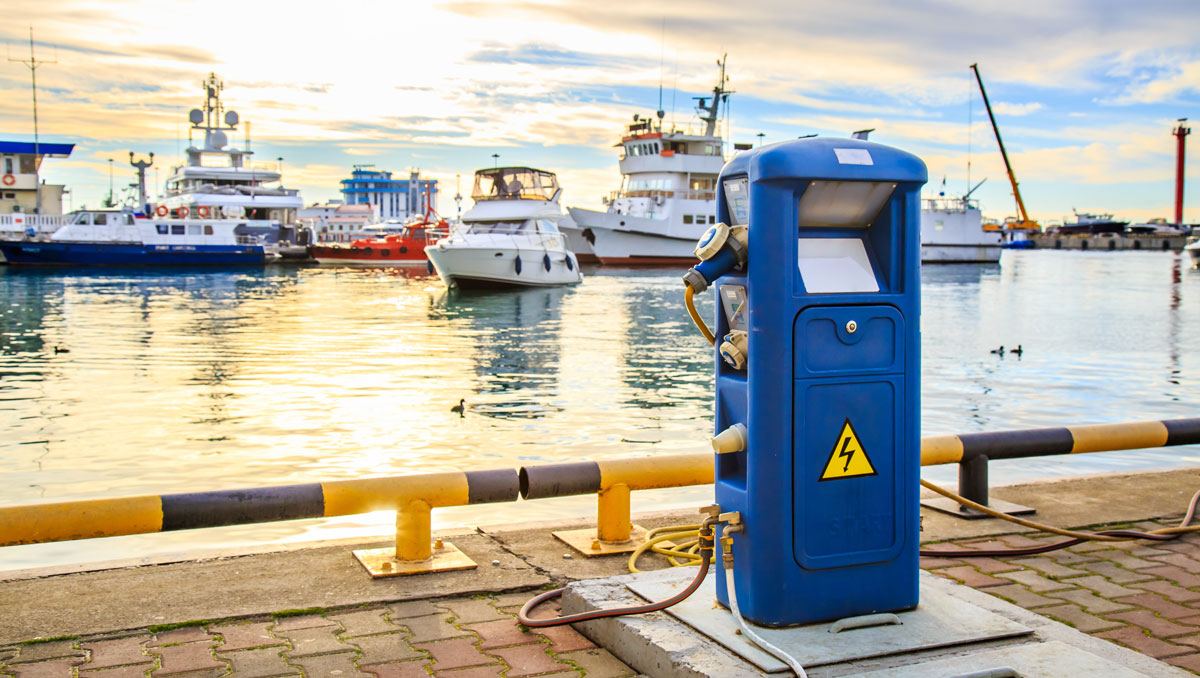
Medical Devices
Many medical devices such as portable ultrasound machines, ECG monitors, and motorized wheelchairs use lithium-ion batteries for mobility and reliability. For implantable devices like pacemakers, lithium-ion batteries are chosen for their long life and reliability.
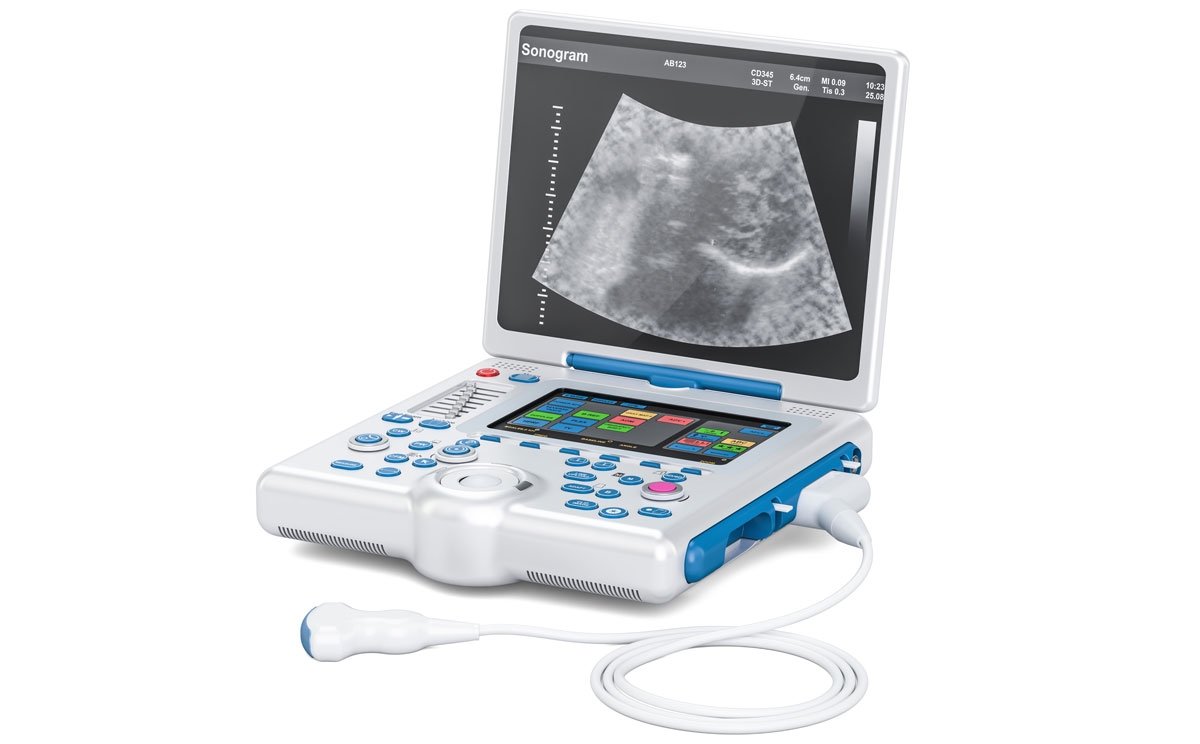
Power Tools and Robotics
A wide range of cordless power tools utilize lithium-ion batteries to offer more power and longer life than older battery types. They can also provide energy for robots in industrial automation, service industries, and research.
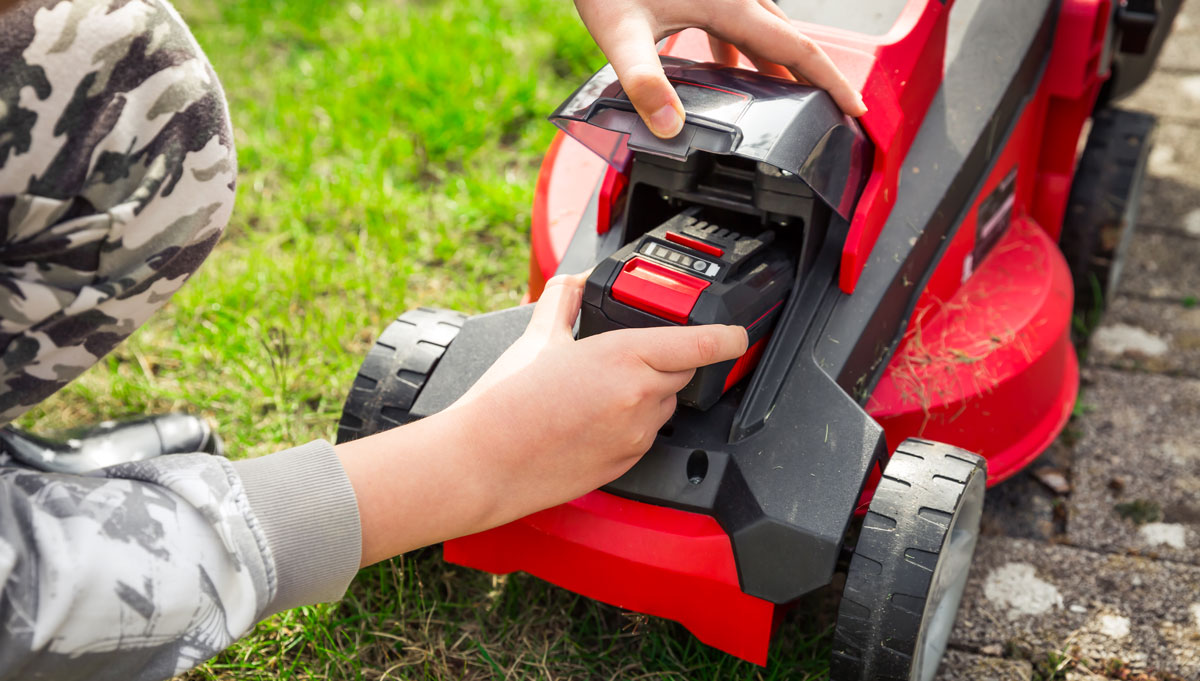
The use of lithium-ion batteries spans from everyday consumer electronics to critical applications in renewable energy, transportation, and medical fields. Their ongoing development promises even greater efficiencies and potential new applications, driving further innovations in technology worldwide.
The calendering process in the lithium-ion battery manufacturing is where Kadant’s roll cleaning technology improves production and the end product. The VeriLite™ roll cleaner assembly is a unique, compact, continuous roll cleaner to keep the calender rolls free of contaminates called the. Check out the article, “Kadant Solutions Plays a Critical Role in Lithium-ion Battery Production,” to learn more about our role in lithium-ion battery manufacturing.
Resources
- The Nobel Prize in Chemistry 2019. (n.d.). NobelPrize.org.
- Blanchette, C. (2021, February 25). How Lithium-Ion Battery Manufacturers Can Conquer Separator Film, Coating, and Calendering. Advancing Materials.
- Minos, S. (2023, February 28). How Lithium-ion Batteries Work. Energy.gov; US Department of Energy.
Related Articles
Tagged with
Author
Share
Let’s Connect
Connect with Kadant Solutions Division on LinkedIn to learn more about our employees, products, and services.
